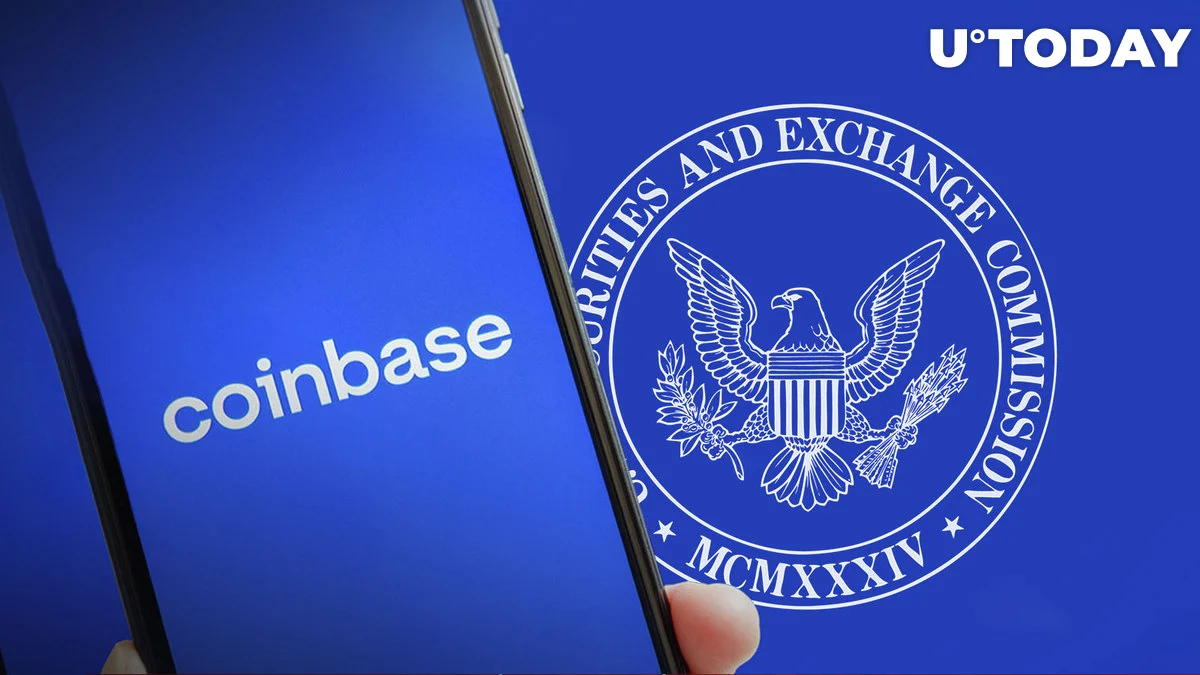
Coinbase has filed a writ of mandamus petition with a federal court, signalling a significant escalation in the ongoing dispute between the cryptocurrency sector and the Securities and Exchange Commission (SEC). The infrequently used legal strategy is simply a formal request to a court to order a party to carry out its statutory obligations.
In the current situation, Coinbase’s plan uses a writ to pressure the SEC into passing explicit cryptocurrency laws. This bold action reflects a desperate attempt, as getting a writ of mandamus normally entails clearing significant legal obstacles.
In response, the SEC said that it is not authorised to regulate cryptocurrencies. The Securities and Exchange Commission declared, “The Commission is not required to adopt rules similar to those proposed by Coinbase.” The SEC sees ensuring fair, orderly, and effective markets as part of its duty. However, it has not been clear if it views cryptocurrencies as securities, which is a fundamental distinction for regulatory clarity.
The SEC additionally argued in reaction to Coinbase’s action that remarks made by its chairman, Gary Gensler, do not represent official policy.
The SEC’s evasion and subsequent enforcement measures, according to Coinbase and others, have increased the volatility and unfairness of the cryptocurrency market. According to past Supreme Court decisions, a lack of discretion may be shown by the inability to offer clear regulatory parameters and the substitution of enforcement for regulation.
In response to this, Coinbase’s Chief Legal Officer Paul Grewal tweeted, “The SEC told the court that rulemaking might take years, and they’re not in any hurry.”
Although the SEC acknowledged that it is developing guidelines, it did not provide a specific deadline. Although a court’s ruling on the mandamus petition might take years, most legal experts concur that Coinbase’s proposal might be premature.


















